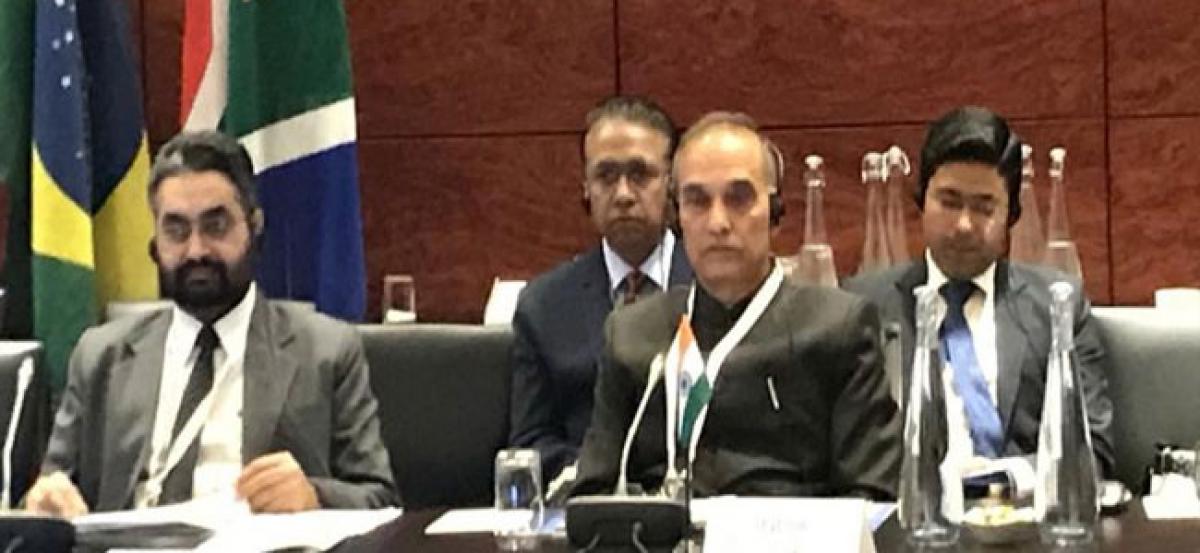Live
- Cyber Crimes Surge by 18% in 2024: Director Shikha Goel Reports
- BGT: We are seeing a master at work; I take my hat off to him, says Abbott on Bumrah
- Niranjan Reddy Slams Jupally Krishna Rao and Government Over Irrigation Incompetence
- Gardner reflects on Australia's dominant year after ODI series sweep over NZ
- Pushpa Producer Naveen Yerneni Donates Rs. 50 Lakhs to Family of Victim in Sandhya Theater Incident
- NC MP holds anti-reservation protest outside J&K CM’s residence
- Inflation burden eases for farm and rural labourers
- Delhi BJP releases 'chargesheet' against Kejriwal, AAP govt
- The First 40 Days: Sonnalli Seygall’s Thoughts on Traditional Postpartum Care
- CM Nitish Kumar embarks on Pragati Yatra from West Champaran, begins development drive in Bihar









